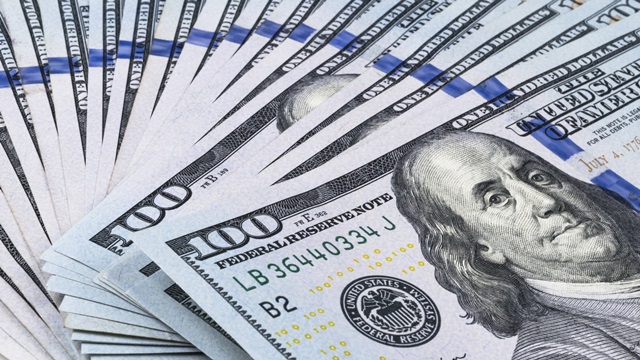Nigeria’s reserves have increased steadily, reaching $34.14 billion on Friday after increasing by 4.06 percent from $32.74 billion on June 3, 2024, according to figures released by the Central Bank of Nigeria.
The most recent rounds of loans the Federal Government received from the World Bank have increased the nation’s reserves. To support the nation’s energy distribution industry, the Federal Government obtained a $500 million loan from the World Bank, as revealed by the Bureau of Public Enterprises in May.
The World Bank also said that the nation will get $2.25 billion in assistance to help stabilize its economy.
“This combined $2.25bn package provides immediate financial and technical support to Nigeria’s urgent efforts to stabilise the economy and scale up support to the poor and most economically at risk. It further supports Nigeria’s ambitious, multi-year effort to raise non-oil revenues and safeguard oil revenues to promote fiscal sustainability and provide sufficient resources to deliver quality public services.” The multilateral lender stated in a statement.
As a result, in only one month, the external reserves have increased by nearly $1 billion. Due to the nation’s dollar shortfall last year, the central bank was compelled to flog the naira in order to boost foreign cash inflow.
Following that, the local currency lost approximately 300 percent of its value in a year, closing at 1,514.31/$ on Friday at the Nigerian Autonomous Foreign Exchange market.
In the first half of 2024, the naira was the world’s worst-performing currency, according to a Bloomberg analysis released on Friday. It stated that the Central Bank of Nigeria’s attempts to strengthen the currency had been hampered by devaluation, a lack of dollar liquidity, and market volatility..
Besides the naira, Egypt’s pound and Ghana’s cedi were the world’s other worst performers in the first six months of the year.
“The naira’s performance is the worst among global currencies tracked by Bloomberg beside that of the pound in Lebanon, which is undergoing an economic crisis and witnessing dollarization,” the report noted.
Meanwhile, the CBN Governor, Olayemi Cardoso, stated that the apex bank was “relatively pleased” with the progress made in stabilising the local currency.
“I do believe that we have more or less seen the worst in terms of volatility,” Cardoso told Bloomberg TV.
“The losing streak is the longest since July 2017 and takes the decline since the start of the year to 40 percent.
The central bank has taken several initiatives to improve the dollar supply in the country and stabilise the local currency.
Last week, the apex bank announced that international money transfer operators could now have access to the official window to sell forex.
In a circular signed by the acting Director of the Trade and Exchange Department, Dr. W.J. Kanya, the apex bank said that the measure would enable IMTOs to access naira liquidity at the official window, thus enabling the timely settlement of diaspora remittances.
In January, the CBN stopped banks and fintechs from providing international money transfer services.
Also, in February, it resumed the sales of dollars to bureau de change operators to boost liquidity in the retail end of the forex market.













